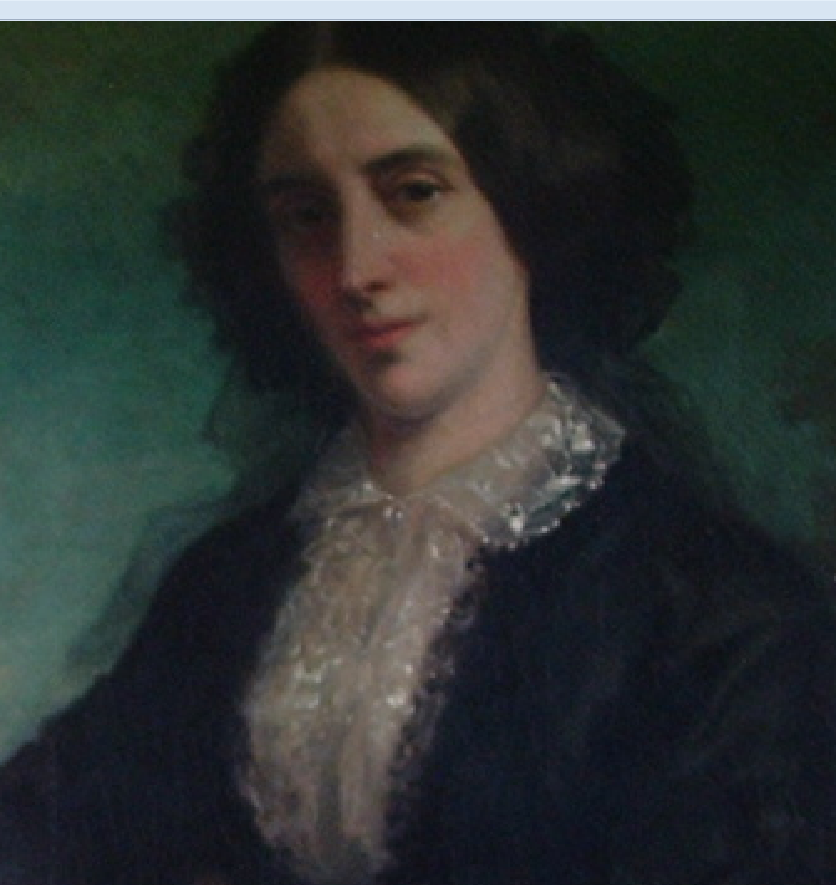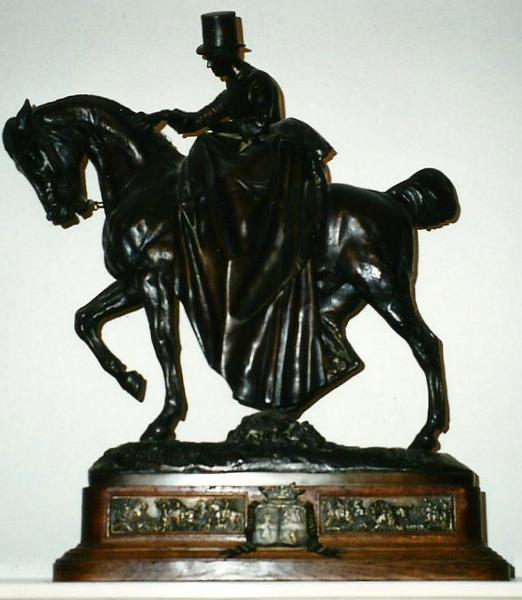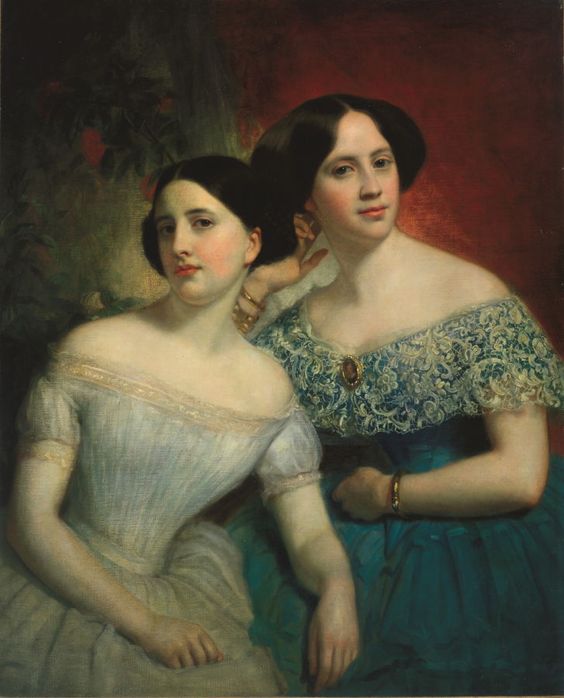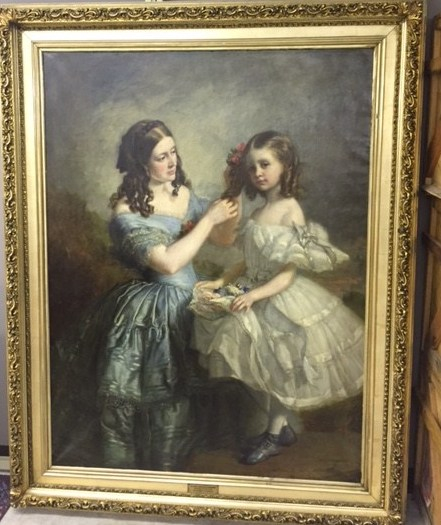Here is a succinct snapshot by a Governor Robert M. McLane of his aquaintance with the Thorns. McLane was among other things a diplomat and friends with de Lafayette.
It’s interesting to hear that the married Thorn children and their families lived together at Rue de Varenne, forming their own little court. I’m not sure if Angelina was still there, or had returned to New York. But the younger siblings and the elder married children were all together under the same roof. Dinner times must have been lively!
I reached Paris January ’41 and took lodgings at the Sinet, Faubourg St. Honoré, nearly opposite the British Embassy. As officers of the Army on duty we were presented at Court and invited to all official balls receptions. The American colony was not then as numerous as it has since become, but it comprised several American families of note, highly connected with French Society. Prominent among them was the family of Colonel Thorn of New York, a former purser in the United States Navy.
He occupied the Palace of the King’s sister in the Faubourg St. Germain and lived in great state. He had been twelve years in France, and two of his daughters had married there, as also his son, the latter to an Austrian lady of high rank. These three families occupied apartments in the Palace and contributed greatly to the almost royal retinue of the establishment.
Mrs. Thorn was the daughter of a very wealthy New York merchant who provided handsomely for all his grandchildren, and left his daughter a liberal income for life, vainly imagining that his son-in-law, who had eloped with his daughter and was never recognized by him, would not possess the wealth he had sought in eloping with his wife.
The old adage however that “Man proposes and God disposes” was signally illustrated in the history of their family. The eldest son, who was being educated in England, was thrown from his horse in fox-hunting and instantly killed, and the father, as his heir, came into possession of the very large fortune inherited from the grandfather. I was in Paris in 1830. I had known the family well and received from them the kindest hospitality.
They were all glad to greet me again in 1841, and hardly a day passed that I was not in the company of some of them. A month passed agreeably and rapidly in this intercourse, but early in March I left Paris.
And below is another recount of the times and the American influence in the Paris:
AN AMERICAN PRINCE
Colonel Thorn was the first American colonist who began to live like a prince in this city. He set the example to a host of followers! Our grandfathers, coming laboriously to Paris in a ship which took six weeks for the passage, used to return home and tell us of the handsome Colonel, his beautiful daughters, the Princes of the House of Orleans, who were his guests, etc. One of his daughters became a Lady in Waiting to the Empress Eugenie.
The beautiful daughters of Dr. Valentine Mott, afterward Mrs. Van Buren and Mrs. Isaac Bell, made the American name famous for that beauty which has continued to hold sway. Mrs. “Lily” Moulton and Mrs. Ronalds skated themselves into the favor of the Emperor, who reversed the cruelty with which his great-uncle, Napoleon 1, treated Miss Patterson.
The fair daughters of Mr. Beckwith, with their marvelous complexions, made an enduring record of loveliness. It would be impossible to speak of all the fine women and brave men who have made the American colony famous, of those retired scholars and wandering diplomatists who have played their part in the world’s pageant, all of whom have enriched the colony with their presence. Nor can I even enumerate the opulent of all our American cities who make this city their home for at least a part of the year.
Of course this has led to many intermarriages, so that a crowd of young French nobles now boast of American mothers, who have given them good cooks, a plentiful purse and the English language. To those Americans who found that 20 years ago Paris was a good city to economize in the change in prices is a woeful misfortune. Bents, provisions, and servants’ wages are all twice what they were once. Servants are less faithful, less respectful. Xiite in Paris is beginning to have some of the domestic tribulations, which it has always enjoyed in New York. But still, living here is cheaper and easier than in any American city.















Leave a comment